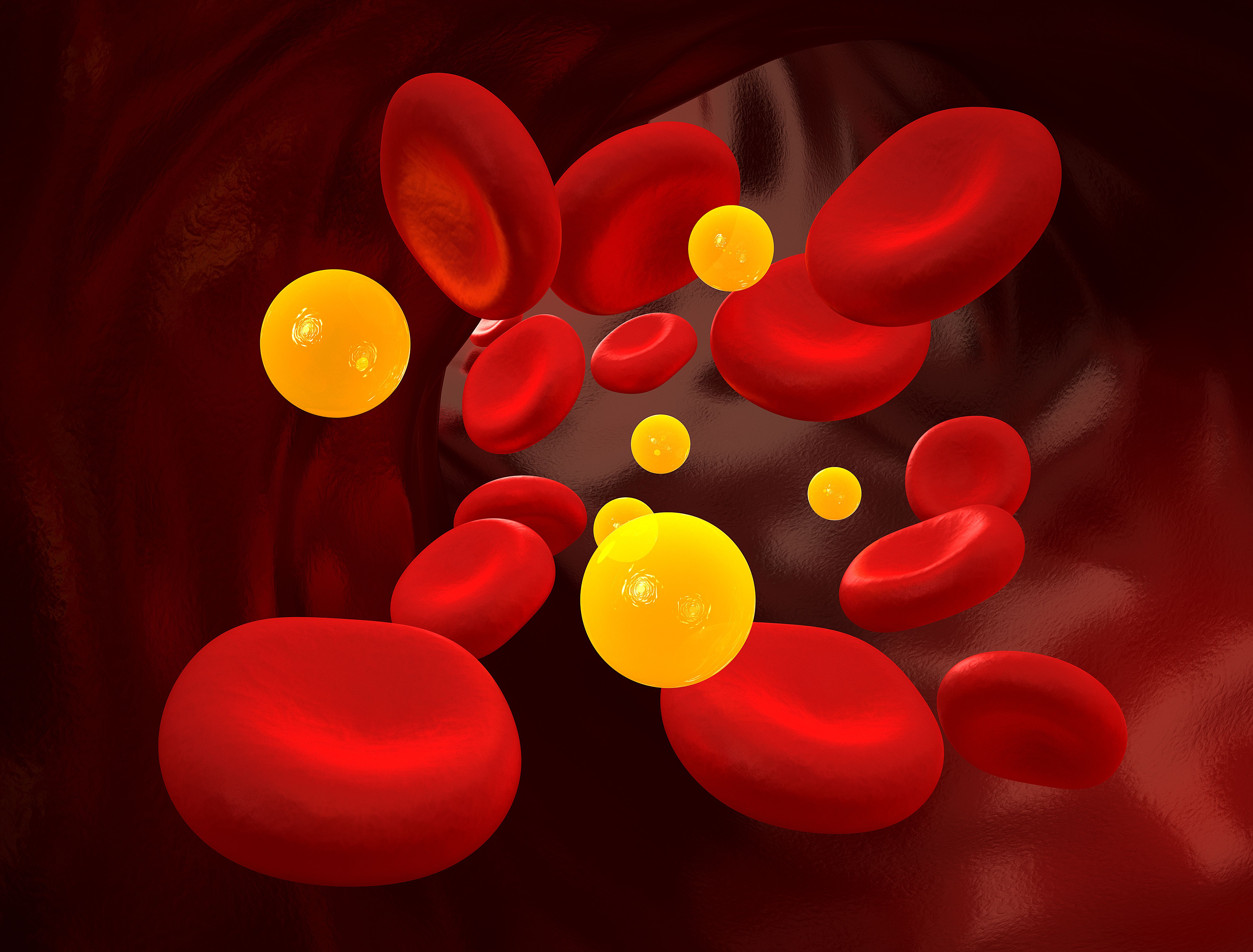Video
Prevalence and Risk Factors for ASCVD Associated With Hypercholesterolemia
Author(s):
Matthew J. Budoff, MD; Christie Ballantyne, MD; and Paul S. Jellinger, MD, MACE, discuss the incidence and prevalence of atherosclerotic cardiovascular diseases (ASCVD) associated with hypercholesterolemia and risk factors for disease.
Yehuda Handelsman, MD: Hello and welcome to this HCPLive® Peer Exchange titled, “Expert Perspective on Novel Treatment Options for Atherosclerotic Cardiovascular Disease and Hypercholesterolemia.” I’m Yehuda Handelsman, I’m an endocrinologist in a private practice and I’m associated with Providence Cedars-Sinai Tarzana Medical Center in Los Angeles, California. With me, I have 4 top experts in our field of cardiovascular hyperlipidemia diseases, Drs Christie Ballantyne, Matthew Budoff, Erin Michos, and Paul Jellinger. Would you introduce yourselves?
Christie Ballantyne, MD: I’m Christie Ballantyne, the chief of cardiology and cardiovascular research at Baylor College of Medicine in Houston, Texas.
Matthew J. Budoff, MD: I’m Matt Budoff, I’m a professor at UCLA [University of California, Los Angeles] School of Medicine and the program director of preventive cardiologists at Harbor-UCLA Medical Center in Torrance, California.
Erin D. Michos, MD, MHS: I’m Erin Michos, I’m the associate director of preventive cardiology at Johns Hopkins University School of Medicine in Baltimore, Maryland.
Paul S. Jellinger, MD, MACE: I’m Paul Jellinger, I’m a clinical endocrinologist in South Florida, and I have an appointment at the University of Miami on the voluntary faculty. I’ve also been involved in the production of the 2017 AACE [American Association of Clinical Endocrinology] lipid guidelines.
Yehuda Handelsman, MD: Our discussion today will focus on the management of patients who have atherosclerosis and hypercholesterolemia, and how we incorporate recommendations for management by the different guidelines, specifically addressing options of hypercholesterolemia. Matt, let’s start with you. Atherosclerotic cardiovascular disease [ASCVD] and high cholesterol, can you give us some prevalence of cardiovascular disease and high cholesterol?
Matthew J. Budoff, MD: Over the past decade, we’ve seen an increase in cardiovascular events; heart disease is the No. 1 cause of death in both men and women. It’s been increasing and COVID-19 has accelerated that. Many people took 2 years off from preventive care, didn’t get their lipids checked, didn’t get their A1C [glycated hemoglobin] measured, and didn’t get their blood pressure treated. We’re seeing quite a rise and we’ve lost about 20 years of gains; we’re back to heart disease deaths in 2001. We’ve given back about 20 years of gains of decreasing cardiovascular death in both men and women.
Yehuda Handelsman, MD: Christie, can you relate high cholesterol to what’s going on?
Christie Ballantyne, MD: Yes, we talk about risk factors, so obviously, we focus on cholesterol. We go back to this concept of lipoproteins and that there are some atherogenic lipoproteins, and we focus on LDL [low-density lipoprotein], but there are other things like Lp(a) [lipoprotein(a)], triglycerides… proteins. Then the classical risk factors: Framingham [risk model], PCE [pooled cohort equations], hypertension, smoking, diabetes, family history, age, and sex. Not listed in PCE is obesity, but it’s driving many of these things. There’s also lifestyle, which is hard to quantitate, but it’s a critical factor.
Yehuda Handelsman, MD: Paul, hyperglycemia, does that do anything to atherosclerosis?
Paul S. Jellinger, MD, MACE: Absolutely. Lost in all the excitement about lipid lowering has been the role of glucose. The relationship between ASCVD and glucose elevation is not as steep as it is with LDL cholesterol, but nevertheless, the higher your A1C, the higher average blood glucose, the greater your risk for cardiovascular disease. Let’s remember that hyperglycemia is something to control, it is a cardiovascular risk factor, perhaps not as potent as LDL, but it should not be ignored.
Transcript Edited for Clarity





